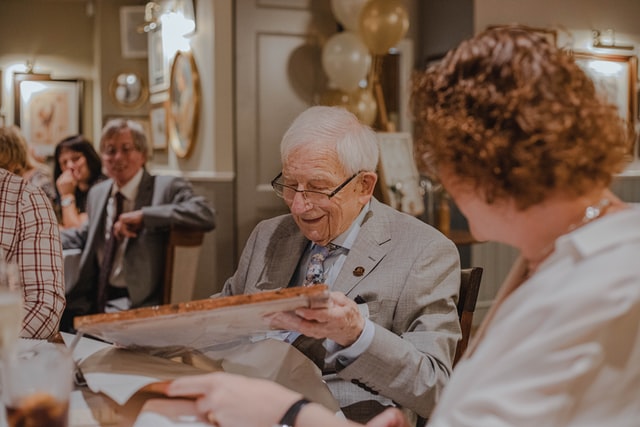
For those who need assistance with providing care to their elder loved ones, many different forms of elder care exist. Each form fits to respond to you and your loved ones’ specific needs and preferences. Knowing the differences between personalized elderly home care nursing to long-term assisted living can help you serve your elderly loved one’s needs. It also ensures that you will be able to spend better quality time together.
Coastal Home Care provides the best home care services to elders, seniors, and their families throughout Talbot County, MD. Our caregivers are trained and certified to provide excellent companion care and medical assistance to elderly individuals. They receive training to care for individuals with all sorts of illnesses, including dementia and Alzheimer’s. If you want to maintain your elder’s independence but also ensure their health and wellness, call Coastal Home Care.
Below, we compare the differences between our home care service and other forms of elder care:
Defining Home Care
First, we should define the most basic elder care available: home care. Home care involves a scheduled visit from a caregiver employed by a care service. The caregiver stays for a certain amount of time, depending on how long the elder or their family has scheduled them for.
The caregiver helps their elder companion with a variety of tasks—household chores, transportation for shopping or meeting with their doctor, preparing and cooking meals, etc. Caregivers are also trained to assist with basic medical procedures, including administering proper doses of medicine to their patients.
You can think of home care as assisted living at the patient’s home rather than a separate facility. This setup offers a greater degree of independence than other forms of care.
Comparison with Hospice Care
Next, let’s consider hospice care. It can be similar to home care in that it can be performed at home. But it can also occur in a hospital, nursing home, or assisted living facility.
The main differences lie in the fact that effective hospice nurse care is specifically for terminal patients with a life expectancy of six months or less. Hospice support nurses work to provide their patients with the best quality of life possible for the time they have left.
While there may be some elements that a qualified hospice nurse provides that are similar to those of home caregivers, there is mostly more support in social, spiritual, and physical needs. Most patients in hospice care usually receive daily assistance from their nurses.
Comparison with Palliative Care
A different form of elder care is palliative care. Palliative care is more similar to hospice care, in that it involves the treatment of patients with chronic or terminal diseases. However, it is reserved for patients that have a life expectancy of more than 6 months.
Patients in need of palliative care suffer from conditions including chronic obstructive pulmonary disease (COPD), heart failure, Parkinson’s disease, Alzheimer’s disease, and others.
Unlike how home care addresses general, daily needs, palliative care is for patients that need assistance with pain relief and symptom management. Services provide this to help improve the patient’s quality of life through the course of their illness.
Palliative care is presently provided by hospitals and other healthcare facilities, but are increasingly becoming more common at home as well.
Coastal Home Care: Fully-Trained Elderly Home Care in Talbot County, MD
Those are the similarities and differences between the various types of elder care that are available. We at Coastal Home Care specialize in providing thoughtful at-home elder care giving to seniors and elders across Talbot County, MD, who seek to keep their independence but welcome a helping hand and companion. Beyond daily living assistance, our caregivers are also trained in helping patients with terminal conditions in need of hospice nurse support or memory care. Each of them begins their service by assessing every need and want your elder loved one will have, then create a Plan of Care tailored to meet their needs. Contact us today at (410) 572-5606 to learn more about how we can help you, your elder, and your family.
